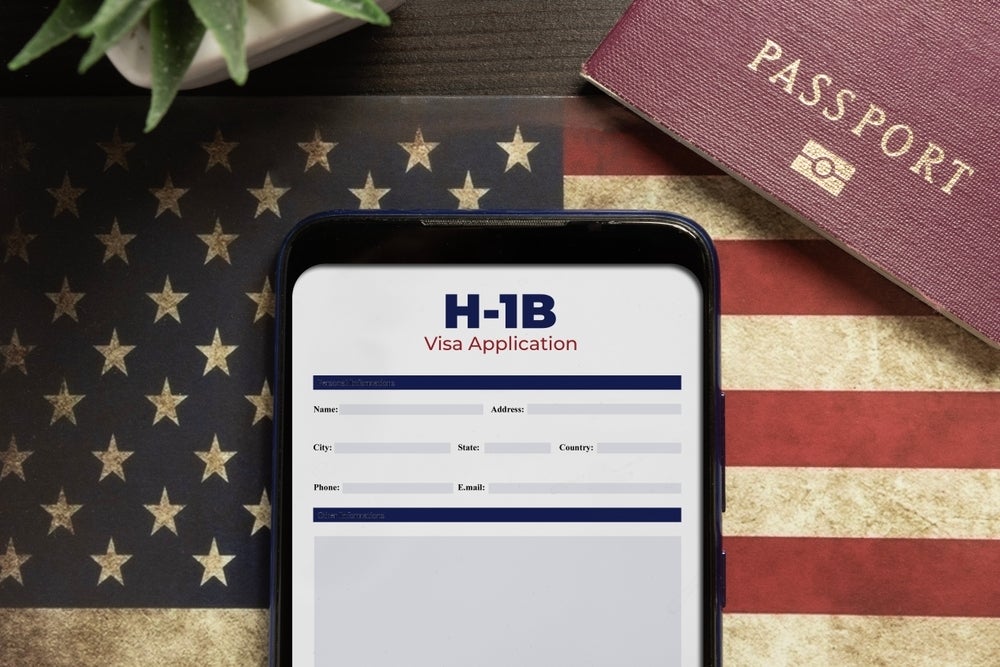US To Impose $100,000 Annual Fee On H-1B Visas As Analysts Warn Trump Risks ‘Taxing Away’ America’s Innovation Edge – Meta Platforms (NASDAQ:META), Amazon.com (NASDAQ:AMZN)
On Friday, the Donald Trump administration said it would require companies to pay $100,000 per year for each H-1B visa, a dramatic increase that could reshape tech hiring and trigger broader consequences for the U.S. position in the global artificial intelligence race.
Administration Pushes To Overhaul H-1B Program
The new rule, announced by U.S. Commerce Secretary Howard Lutnick, is part of President Trump’s broader crackdown on immigration since taking office in January, reported Reuters.
Lutnick said the changes are meant to push firms to prioritize domestic workers.
“If you’re going to train somebody, you’re going to train one of the recent graduates from one of the great universities across our land. Train Americans. Stop bringing in people to take our jobs,” Lutnick said.
The H-1B program, which currently issues 65,000 visas annually, with another 20,000 for advanced degree holders, allows companies to employ foreign workers in specialized fields. At present, visa fees are only a few thousand dollars.
See Also: Intel Growth Challenges Are Not Over Despite Altera Stake Sale: Analyst
Impact On Tech Giants And Startups
The new fee would add millions of dollars in costs for companies, potentially hitting smaller firms hardest.
In the first half of 2025, Amazon.com Inc. AMZN and its cloud unit AWS received approvals for more than 12,000 H-1B visas, while Microsoft Corp. MSFT and Meta Platforms Inc. META each had more than 5,000 approvals.
India accounts for 71% of approved H-1B beneficiaries, followed by China at 11.7%, according to government data.
The move could disrupt talent pipelines from both countries, which supply much of Silicon Valley’s skilled workforce.
Analysts Warn Of Offshoring Risk
Some industry analysts warned the measure could backfire by pushing high-value work abroad.
“In the short term, Washington may collect a windfall; in the long term, the U.S. risks taxing away its innovation edge, trading dynamism for short-sighted protectionism,” eMarketer analyst Jeremy Goldman said.
Critics argue the program has been abused by some employers to suppress wages, but supporters—including Tesla Inc. TSLA CEO Elon Musk, himself a former H-1B holder—say it provides critical skills the U.S. labor market lacks.
Political And Legal Fallout
The visa overhaul comes alongside a new “gold card” program, allowing individuals to secure U.S. permanent residency by paying $1 million.
The announcement also follows legal pressure: Tesla earlier this month faced a proposed class action alleging the company favored foreign visa holders over U.S. citizens in hiring and firing decisions.
Previously, Vice President JD Vance and Rep. Marjorie Taylor Greene (R-Ga.) have both publicly criticized companies for pursuing foreign visas while laying off American workers.
Read Next:
Disclaimer: This content was partially produced with the help of AI tools and was reviewed and published by Benzinga editors.
Image via Shutterstock


